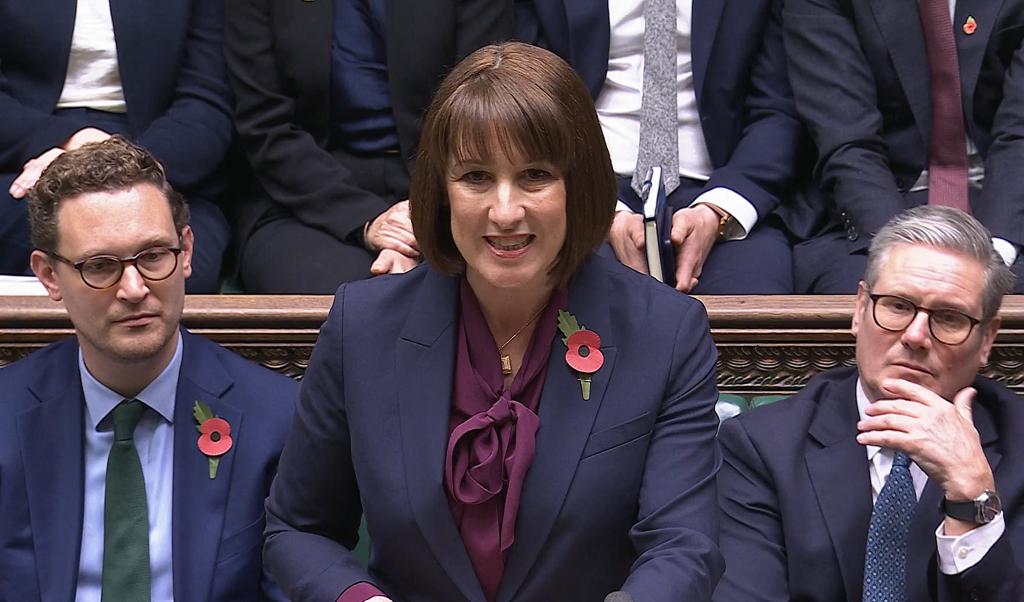Spain's New 100% Tax on Foreign Property Buyers Explained
Spain introduces a bold 100% tax on foreign property buyers to ensure housing accessibility for residents and combat the ongoing housing crisis.

Key Points
- Spain's Prime Minister proposes a 100% tax on foreign buyers to address a pressing housing crisis and prioritize local residents.
- The measure targets speculation in the real estate market, where non-EU buyers have purchased thousands of homes primarily for investment.
- Other proposed reforms include tax incentives for affordable housing providers and stricter regulations on short-term rentals.
In a response to the escalating housing crisis, Spain's Prime Minister
recently proposed an unprecedented tax on property purchases made by non-
(EU) buyers. This initiative, which could see tax rates soar to 100%, is part of a broader strategy aimed at ensuring that housing remains accessible to residents and addressing the detriments caused by foreign investment in the real estate market. The proposed tax not only reflects Spain's urgent need for housing reform but also highlights a significant shift in public policy regarding property ownership.

From the bustling streets of
to the picturesque coastlines of
, the signs of a housing crisis are evident. Over the past few years, soaring rents and property prices have left many locals feeling priced out of their own neighborhoods. In 2023 alone, more than 27,000 homes were purchased by non-EU residents, primarily for investment purposes rather than to serve as primary residences. This influx has contributed to a growing imbalance in the market, driving up prices and making housing less accessible to Spanish citizens.
The Rationale Behind the Tax
Prime Minister Sánchez stressed that the principal reason for this proposed tax is to redirect the focus of the housing market back to its intended purpose: providing homes for people rather than investment vehicles for wealthy individuals. In his words, “Our homes cannot serve as financial assets or bank deposits”. This shift in public policy is aimed at curbing the trend where foreign buyers, often attracted by Spain's robust tourism industry, acquire multiple properties solely for short-term rental or speculative purposes.

This taxation initiative aligns with broader global trends where governments grapple with similar challenges. For instance,
's recent measures to impose additional taxes on foreign property buyers serve as a precedent that Sánchez seems to be following. Such steps reflect a growing recognition of the need to strike a balance between encouraging foreign investment and ensuring local populations have access to affordable housing options.
Potential Challenges Ahead
Despite the good intentions underlying this proposal, implementation may prove to be a complex endeavor. As of now, Sánchez has not provided specific details on how the tax would be administered or a concrete timeline for its introduction in Parliament. With the Spanish government being a minority coalition, securing the necessary support for passing such significant legislation may present additional hurdles.

Moreover, while the tax aims to create a more equitable housing market, some observers have expressed skepticism over its effectiveness. For example, critics have pointed out that the types of properties purchased by foreign investors often do not align with the needs of local residents. This raises questions about whether such drastic measures will genuinely impact the housing difficulties faced by everyday Spaniards.
A Multifaceted Approach to Housing
The proposed 100% tax on non-EU property buyers is just one component of a larger package aimed at reforming Spain's housing landscape. Other suggested measures include enhanced regulations on short-term rentals and tax incentives for landlords who provide affordable housing. By targeting various facets of the housing crisis, Sánchez's administration hopes to foster a more sustainable and fair housing market.

Ultimately, this tax proposal represents a significant pivot in Spain's approach to managing its housing crisis. By prioritizing local residents and their housing needs over the interests of foreign speculators, the government is taking a bold step towards rectifying systemic inequities in the property market. If successful, this initiative could serve as a model for other nations grappling with the challenges of housing affordability and foreign investment.

In summary, Spain's proposed tax on foreign property buyers is a reflection of the nation’s urgent need to address a housing crisis that affects its citizens profoundly. While this measure faces its share of challenges, it underlines a crucial shift toward prioritizing the housing needs of residents and ensuring that homes remain accessible, thereby taking significant steps towards resolving complexities within the housing market.


